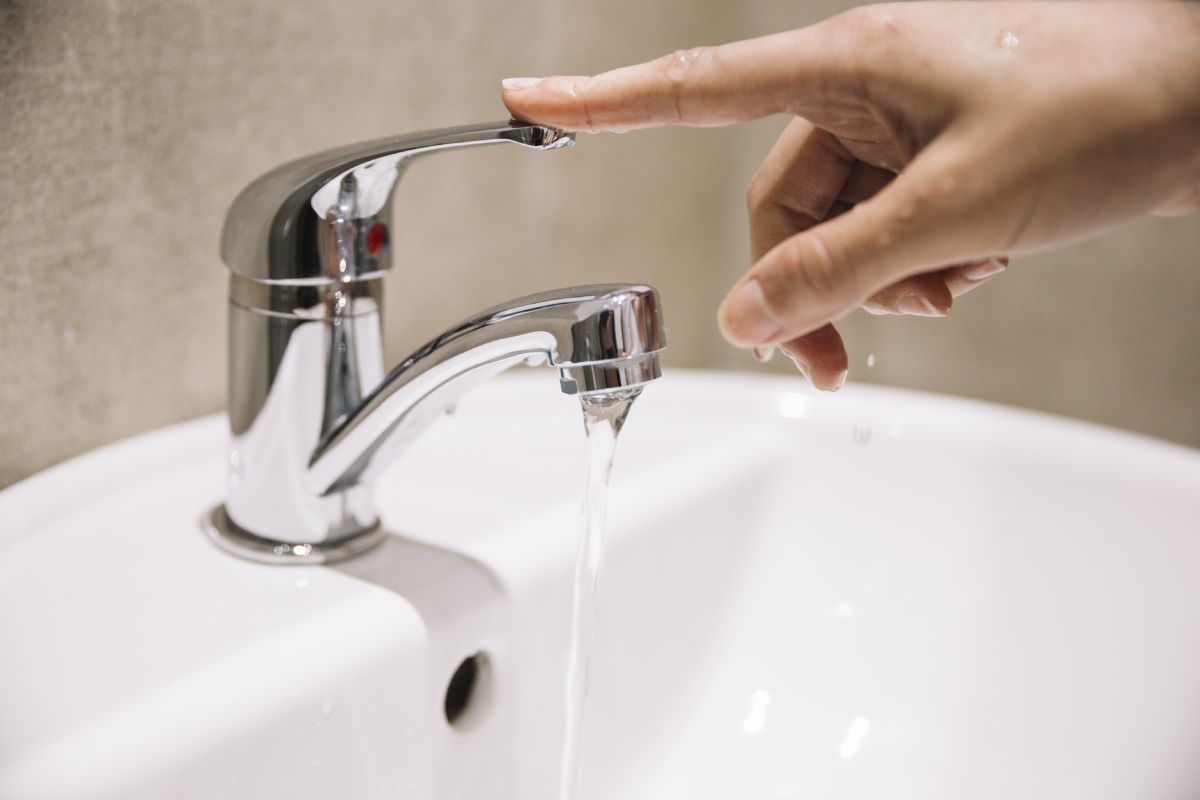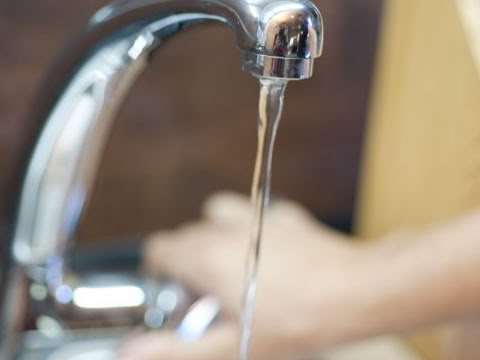Listed here below you can locate additional awesome details with regards to Low Water Pressure in the House?.

Low tide pressure in your house can be an aggravating problem, influencing whatever from showering to washing meals. If you're experiencing weak water circulation, there are several possible causes and remedies to check out. In this overview, we'll talk about common reasons for low water pressure and sensible actions to attend to the concern successfully.
Introduction to Low Water Stress
Low water stress happens when the flow of water from your faucets, showers, and other fixtures is weaker than usual. This can make day-to-day jobs much more tough and much less reliable. Recognizing the reasons for low tide stress is vital to locating the appropriate remedy.
Typical Causes of Low Water Pressure
Faulty Stress Regulators
Pressure regulators are in charge of keeping consistent water stress in your home. If they malfunction, it can cause low water stress or irregular circulation throughout your home.
Metropolitan Supply Of Water Issues
Occasionally, the issue exists outside your home. Local water supply problems, such as main line leaks or maintenance job, can temporarily reduce water pressure in your location.
Pipeline Obstructions
Gradually, pipelines can end up being obstructed with mineral deposits, sediment, or particles, limiting the circulation of water. This is a common issue in older homes with galvanized steel pipelines.
Rust
Rust within pipelines can result in leakages and reduced water pressure. Rust build-up can restrict water flow, specifically in maturing plumbing systems.
Just How to Identify Low Tide Pressure
Checking Pipelines
Check noticeable pipes for indicators of leakages, rust, or obstructions. Focus on any kind of unusual sounds, such as banging or rattling pipelines, which might show concerns within the plumbing system.
Consulting with a Plumber
If you're unable to identify the reason for low tide pressure, consider hiring an expert plumber to perform a comprehensive inspection. They can determine underlying issues and suggest proper services.
Checking Faucets and Fixtures
Start by evaluating the water stress at different faucets and components throughout your home. If the issue is isolated to details areas, it may suggest local troubles.
DIY Solutions to Take Care Of Low Tide Pressure
Flushing Water Heater
Sediment buildup in the hot water heater can limit circulation and lower performance. Purging the container occasionally assists get rid of debris and keep optimal performance.
Checking Pressure Regulatory Authority
Guarantee that the pressure regulator is working correctly. Changing or replacing the regulatory authority can aid bring back proper water pressure throughout your home.
Cleaning Aerators and Showerheads
Natural resources can accumulate in aerators and showerheads, reducing water circulation. Remove and clean these parts frequently to boost water stress.
Clearing Clogs in Water Lines
For minor obstructions, attempt utilizing a plumbing snake or chemical drain cleaner to clear obstructions in pipelines. Beware when utilizing chemicals and adhere to safety and security guidelines.
When to Call a Professional Plumber
If do it yourself initiatives fall short to solve the issue or if you believe considerable plumbing troubles, it's best to seek help from an accredited plumber. They have the know-how and tools to attend to complex concerns safely and successfully.
Preventive Measures to Keep Water Stress
Installing a Pressure Booster
Take into consideration setting up a pressure booster pump to enhance water pressure in locations with regularly low circulation. This can be particularly advantageous for multi-story homes or buildings with high-demand components.
Tracking Water Usage
Bear in mind water usage practices and prevent ill-using the plumbing system. Straightforward changes, such as shocking showers and laundry tons, can aid keep sufficient water pressure.
Normal Maintenance
Set up regular upkeep for your plumbing system to stop issues such as deterioration, leakages, and obstructions. Resolving small issues early can aid prevent more significant repair work later.
Verdict
Taking care of low water stress can be aggravating, however determining the underlying causes and applying suitable options can recover optimal circulation throughout your home. Whether it's cleaning aerators, evaluating pipelines, or seeking advice from a plumber, taking proactive actions can ensure a stable supply of water for your day-to-day demands.
How to Fix Low Water Pressure In Your Home
Municipal Water Supply Issues
Scheduled maintenance, high demand, and water main breaks are all potential causes for low water pressure within a city or county’s water lines. While there’s not much you can do to personally fix a problem with your city or county’s water supply system, you can play a big role in documenting the issue and alerting those who can.
How to fix it:
Ask your neighbors if they are experiencing any issues with low water pressure. If multiple homes are affected, it’s likely related to the city’s water line. Contact the local Water Authority to see if there is any maintenance taking place that might be affecting your supply. Also let them know of your specific issues. If other homeowners report the same issues, they’ll know that there could be a larger issue to look into. Faulty Fixtures
A damaged or clogged shower head, faucet or appliance is the first thing we’d suggest checking, especially if low water pressure appears to be isolated to a specific area of your home.
How to fix it:
First, turn off the main water supply to your home. Check the affected appliances for build-up or debris. In the case of a faucet, you can simply unscrew the aerator at the tip of the faucet. Showerheads should be fully detached from the water pipe. While the appliances are detached, you may want to check the water supply to determine if the fixtures were in fact the issue. To clean, soak the showerhead or aerator in vinegar and brush off any visible debris. Reattach the fixtures and check the water pressure again. If it is still low, there is likely a deeper issue at hand, which can be determined by a professional plumber. Pipe Obstructions
Mineral deposits, rust or other debris within water pipes can lead to blockages or corrosion over time.
How to fix it:
When you think of a clog, you probably think of a drain clog. While there are many DIY solutions to clearing a drain, clogs in a water pipe will almost always require the help of a professional plumber. A plumber will be able to locate the affected pipe and clean out any debris or mineral deposit buildup. In severe cases, the pipe may need to be replaced. Your plumber might also recommend a water softening system to remove the minerals from your home’s water supply that can contribute to pipe blockages over time.
Plumbing Leak
Undetected water line leaks can divert water away from your residential pipes, reducing the water pressure in your fixtures.
How to fix it:
Check your water meter by turning off all water sources and monitoring the meter for any movement, which could be a clear indicator of a potential leak. Check all visible pipes for signs of leaking, including water stains, active dripping or damp spots around the pipe. Inspect fixtures, including faucets and showerheads, for any drips. Test the pressure but recording the pressure with the main water valve shut off. Leave off for a few hours and test again. A significant drop in pressure is a clear sign of a leak. https://kiddcoplumbing.com/plumbing-blog/how-to-fix-low-water-pressure/

We had been shown that editorial about 9 Reasons for Low Water Pressure in Your House through a pal on a different web blog. Enjoyed our article? Please share it. Help other people locate it. I truly appreciate your readership.
Click Here